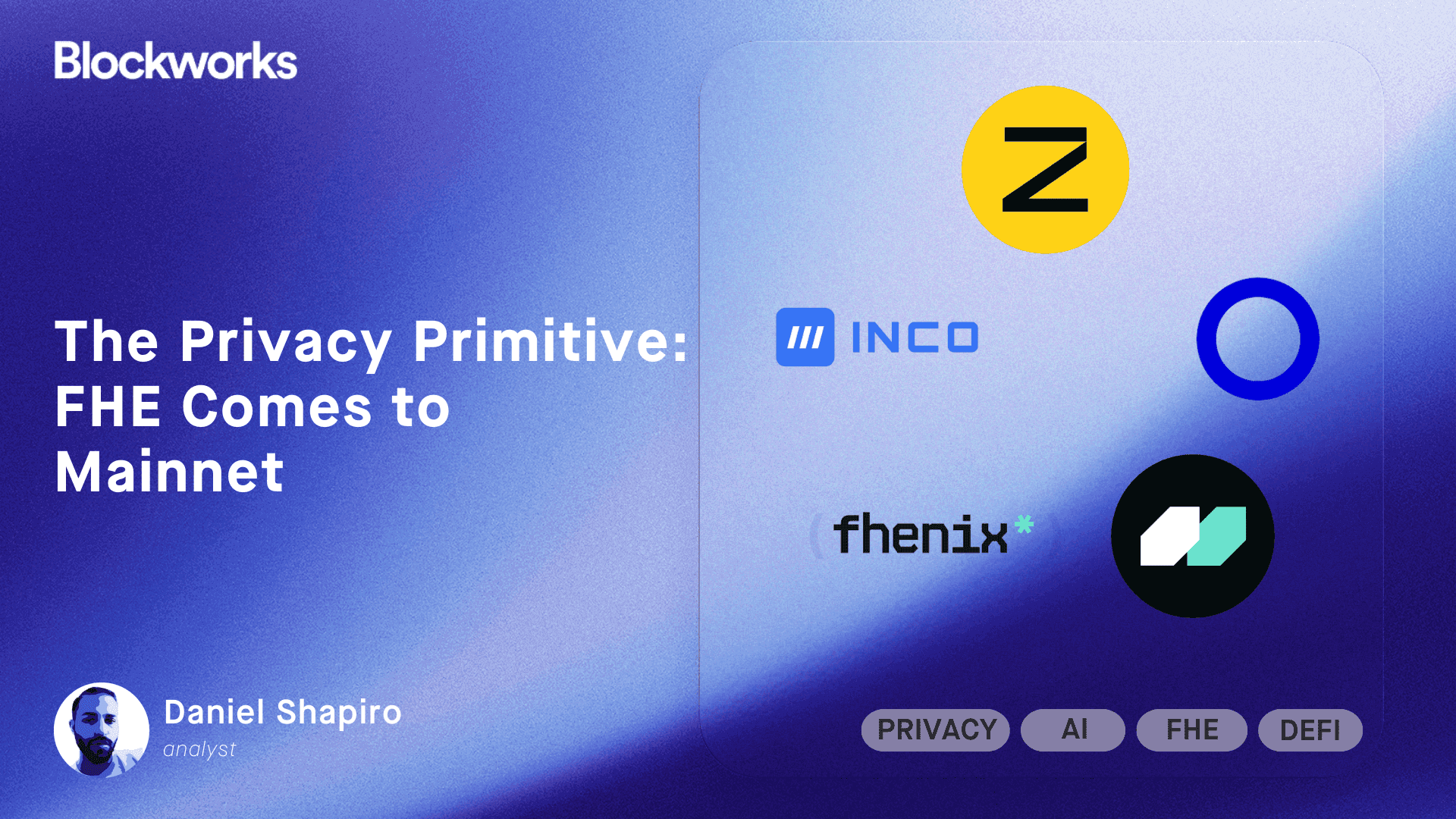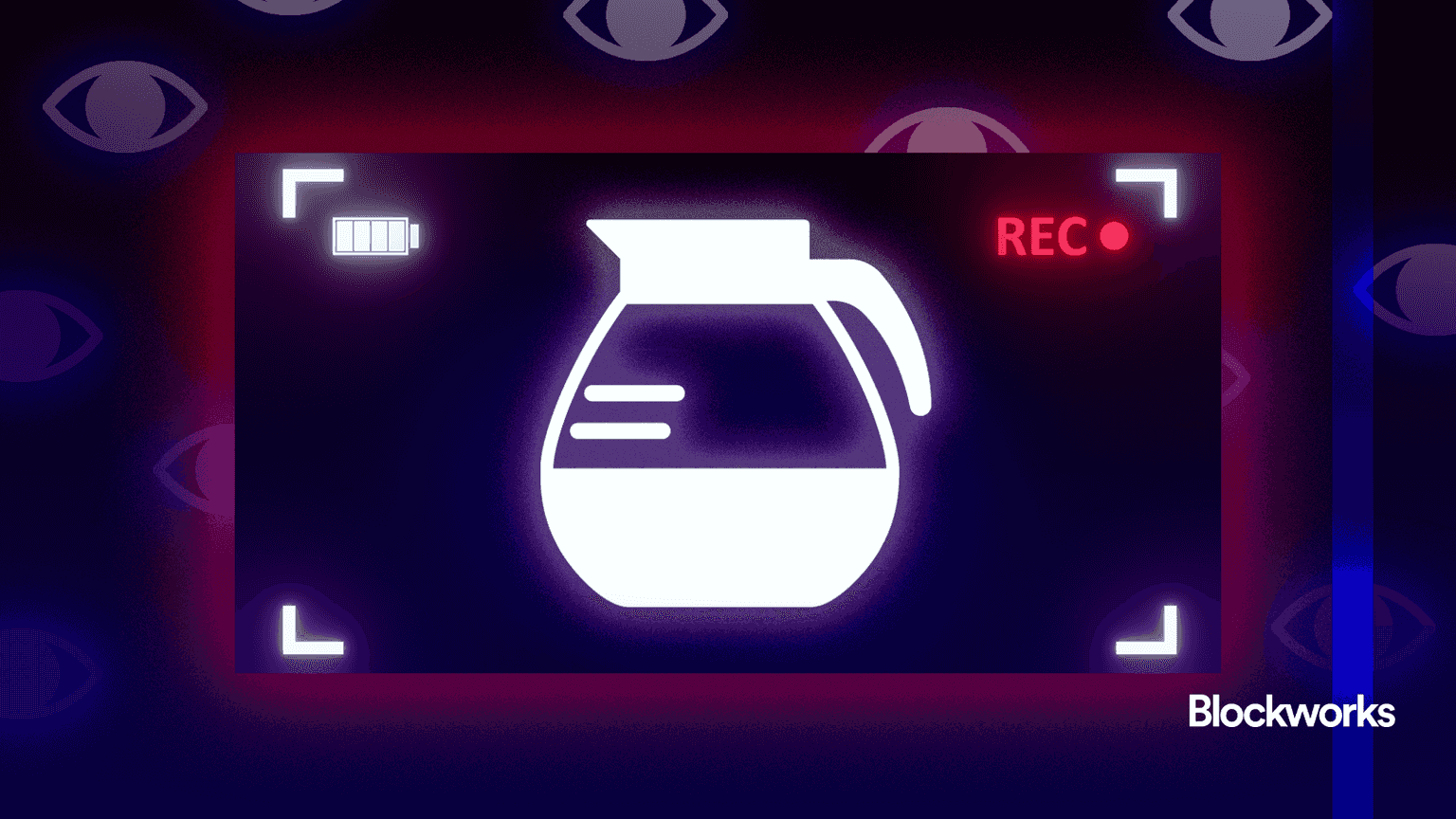Ethereum Fusaka upgrade set for December 3 launch
The network upgrade introduces PeerDAS, phased blob expansion, and audits as Ethereum pursues greater scalability and efficiency

spainter_vfx/Shutterstock and Adobe modified by Blockworks
Ethereum core developers have confirmed that the Fusaka upgrade will activate on December 3, marking the network’s next major protocol milestone aimed at scaling throughput and reducing costs.
The upgrade will roll out after testnet deployments on Holesky, Sepolia, and Hoodi in October. In parallel, the Ethereum Foundation launched a $2 million Fusaka audit contest on Sept. 15, co‑sponsored by Gnosis and Lido and hosted on Sherlock, which will run for four weeks to identify potential vulnerabilities before mainnet activation.
The December mainnet date reflects discussions during All Core Developers Consensus (ACDC) Call #165, where developers agreed Fusaka could go live no earlier than 30 days after the Hoodi testnet fork.
Fusaka introduces Peer Data Availability Sampling (PeerDAS) through EIP‑7594, a mechanism allowing nodes to verify only parts of large data blobs rather than the entire dataset. This reduces bandwidth strain and helps scale blob storage, which underpins layer‑2 rollup efficiency.
 Ethereum Blob Utilization | Blockworks Research
Ethereum Blob Utilization | Blockworks Research
Blockworks Research data shows blob utilization currently averages above 90% for major rollups, with Arbitrum One at 99.6% and OP Mainnet at 99.2%. Median blob fees range from $0.49–$3.05 per MiB, highlighting tight capacity. Fusaka’s BPO forks aim to ease this saturation by expanding blob limits, supporting sustained throughput without pricing out rollups.
Following Fusaka’s activation, Ethereum will deploy two Blob Parameter Only (BPO) forks. The first, scheduled for around December 17, will increase maximum blob counts from 9 to 15; the second, planned for January 7, 2026, will raise the ceiling to 21. These lightweight forks adjust blob parameters without requiring client updates, according to Ethereum researcher Christine Kim.
This is a developing story.
This article was generated with the assistance of AI and reviewed by editor Jeffrey Albus before publication.
Get the news in your inbox. Explore Blockworks newsletters:
- The Breakdown: Decoding crypto and the markets. Daily.
- 0xResearch: Alpha in your inbox. Think like an analyst.






